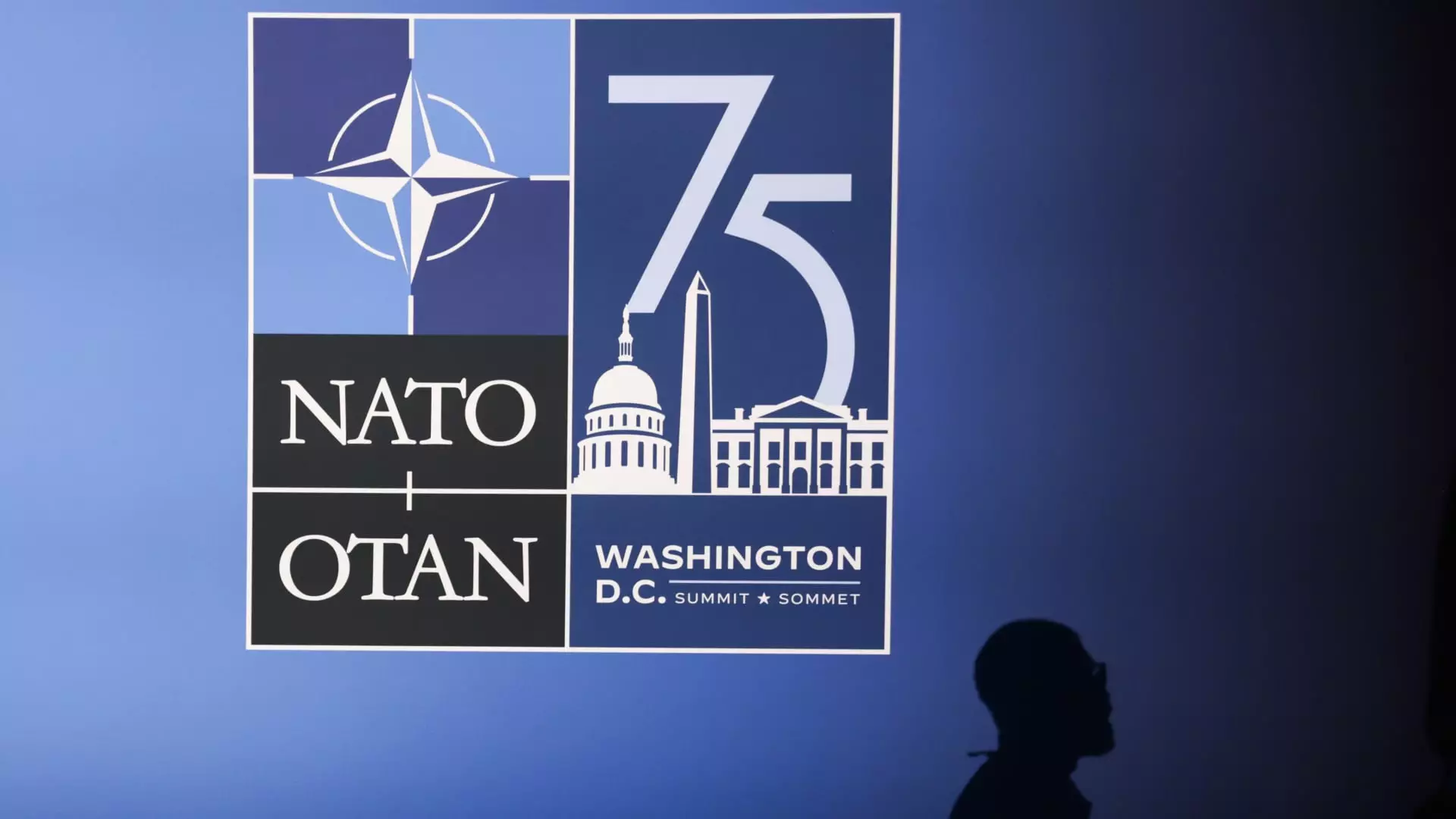In an unprecedented move, NATO has publicly condemned China, designating it as a “decisive enabler” of Russia in its ongoing military venture in Ukraine. This marked a significant pivot in NATO’s approach to global security dynamics, reflecting heightened concerns regarding China’s support for Russian military capabilities and its expanding nuclear arsenal. During a summit in Washington, commemorating the alliance’s 75th anniversary, NATO’s communiqué detailed implications of Beijing’s relationships, particularly its “no limits” partnership with Moscow. This openly confrontational stance highlights a substantial escalation in rhetoric since the Cold War era.
The NATO statement explicitly calls on Beijing to halt all forms of support for Russia’s operations in Ukraine, including the provision of dual-use materials that can aid military logistics. The alliance’s allegations open a new chapter in the geopolitical narrative—a shift from a previously cautious attitude towards China to overt accusations of complicity in aggression. Despite China’s assertions of non-involvement in supplying arms to Russia, its durable trade relationship with Moscow raises questions regarding the integrity of those claims. As international tensions rise, the implications for global trade and diplomatic relations become increasingly complex, placing China in the crosshairs of Western scrutiny.
The backdrop of these allegations is marked by troubling military developments, including recent joint exercises between China and Belarus, a key ally of Russia. With these drills taking place close to NATO borders, nervousness within the alliance has grown. Such activities not only exacerbate existing fears of military escalation in Eastern Europe but also serve to reinforce perceptions of a consolidated bloc against perceived Western encroachment. Beijing’s engagement in military collaborations within this context signals its intent to strengthen alliances that could potentially counterbalance NATO’s influence in the region.
The Quest for Peace amidst Rising Tensions
Amidst escalating hostilities, China has sought to position itself as a peace broker, presenting a framework for resolving the Ukraine-Russia conflict. However, this diplomatic overture has seen limited success, mirroring the lack of traction for peace proposals from both Ukraine’s and Russia’s leadership. Given the stark realities on the ground, and the international community’s polarized response to the conflict, China’s initiatives might be viewed as efforts to enhance its diplomatic clout rather than genuine attempts at peacekeeping. Critics argue that these moves could merely serve to shift global narratives while China continues to support Russia discreetly.
NATO’s Renewed Focus on a Multipolar World
NATO’s recent critique of China reflects a transition from viewing the nation as a secondary concern to recognizing it as a primary systemic challenge to Euro-Atlantic security. Key issues, including disinformation campaigns and technology advancements in cyberspace and aerospace, have been highlighted as potent threats. Moreover, the communiqué raises alarms about China’s rapidly evolving nuclear capabilities, urging Beijing to reassess its strategic posture and engage in discussions aimed at risk reduction. This new stance indicates a broader recognition among NATO members of the evolving multipolar world order, where traditional roles and relationships among global powers are continually being renegotiated.
In response to NATO’s statements, Chinese representatives have condemned the accusations as provocations rooted in Cold War mentalities. This immediate rebuttal underscores the growing friction between Western alliances and China, revealing a more combative diplomatic landscape. The narrative surrounding China’s role in global security will likely further polarize international relations, diverging from previous engagements that were marked by cautious dialogue. As both sides prepare for a future of increased rivalry, the potential for miscalculations or conflicts escalates, presenting a daunting challenge for global stability.
As NATO reassesses its strategic stance in light of China’s actions and alliances, the world is observing a critical juncture in international relations. The implications of this shift may influence not only military alliances but also economic partnerships and global diplomatic efforts for years to come. The evolving relationship between NATO and China will be a key area to watch as both entities navigate an increasingly complex geopolitical landscape filled with tension and opportunity.


Leave a Reply